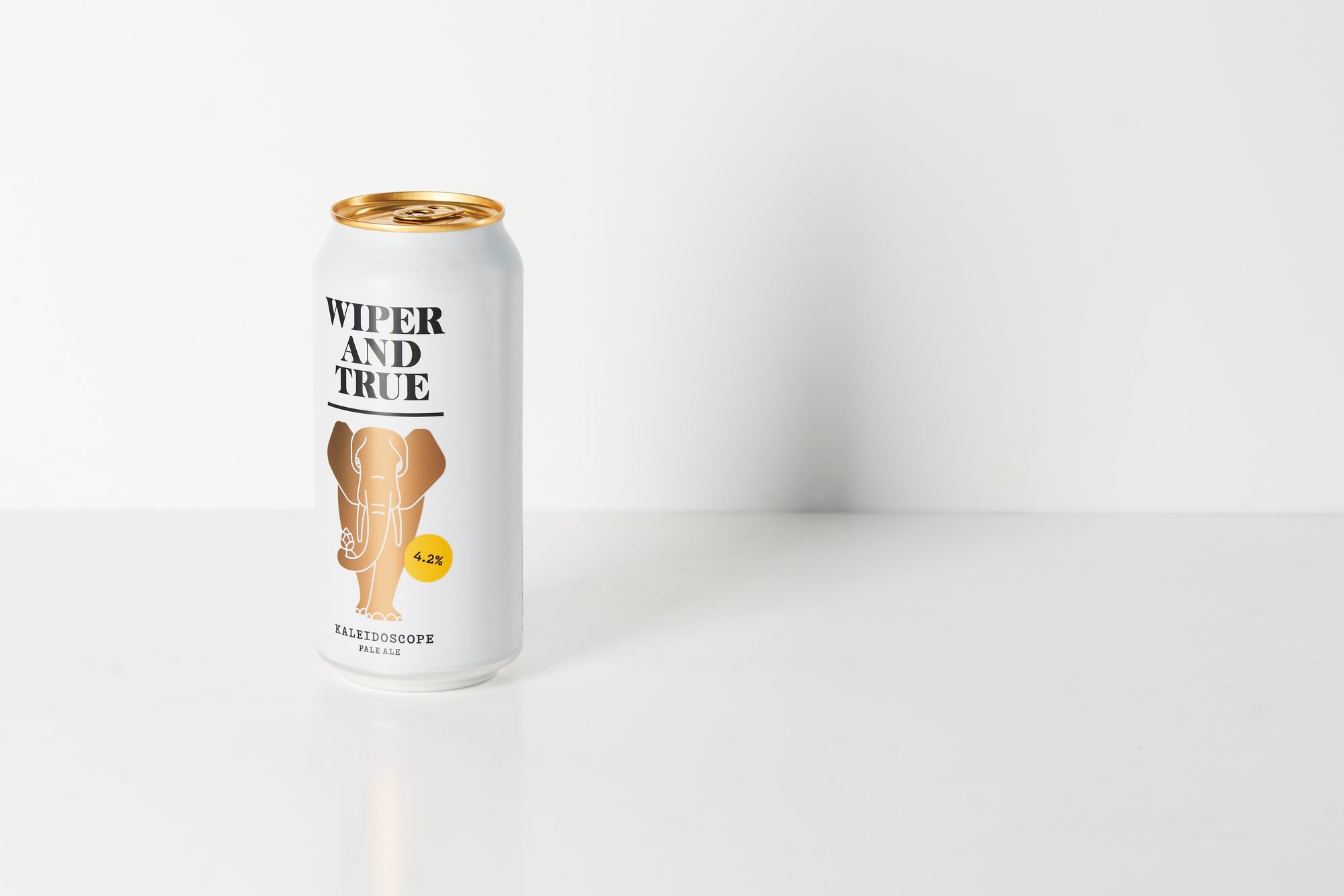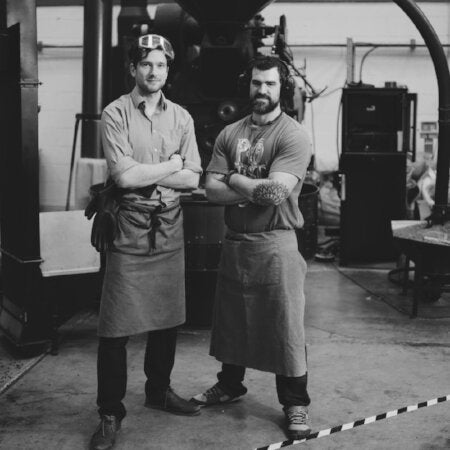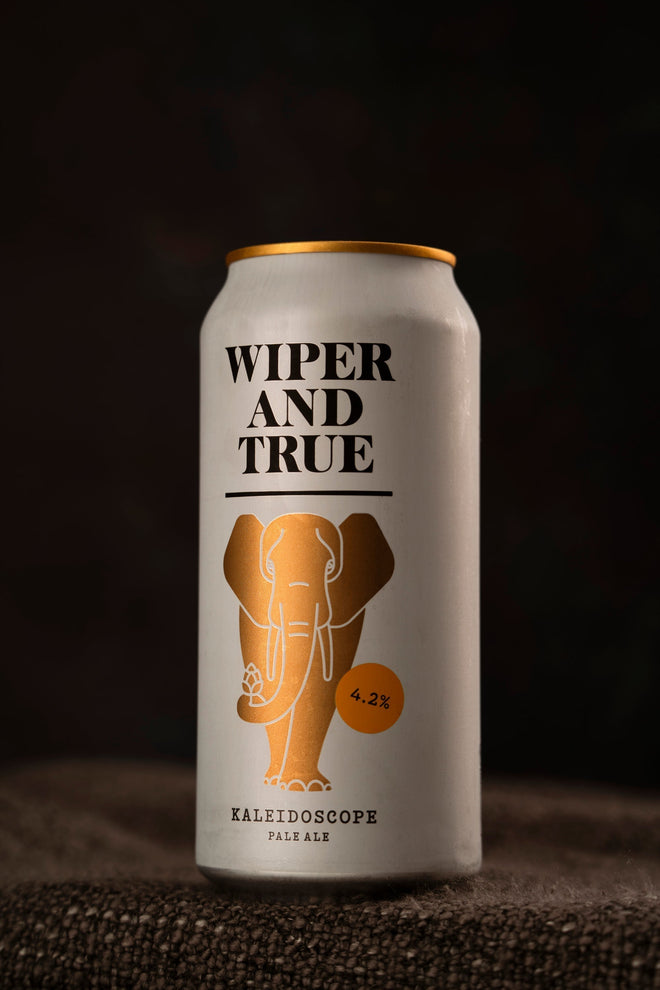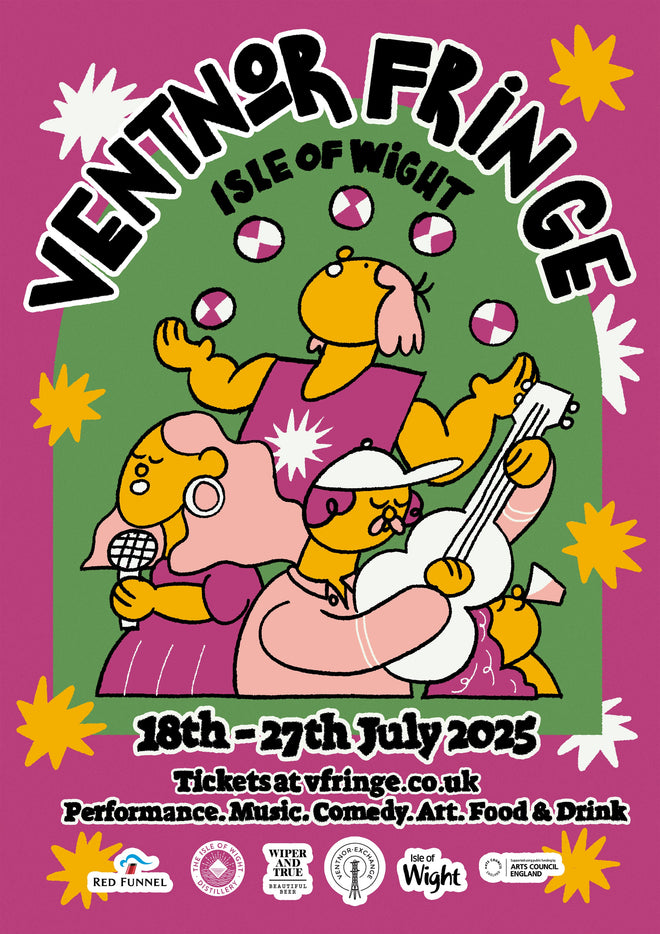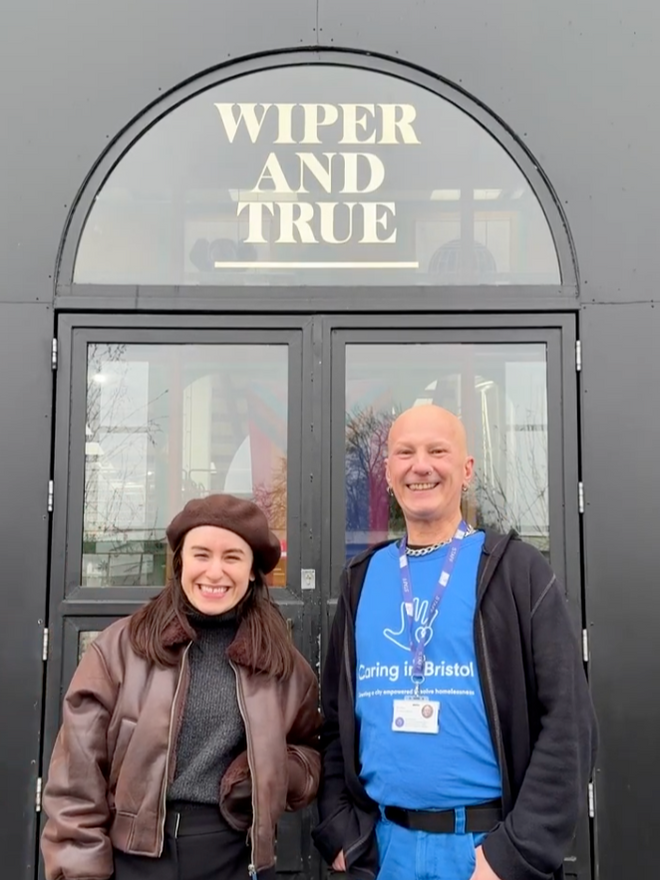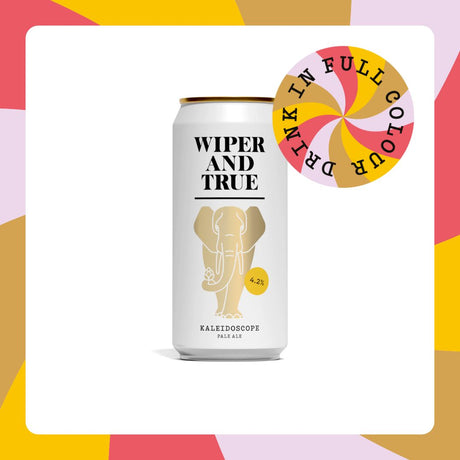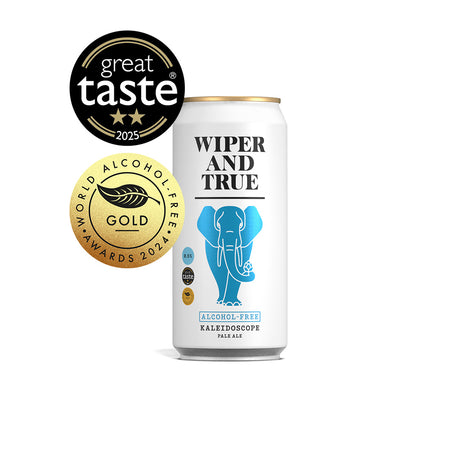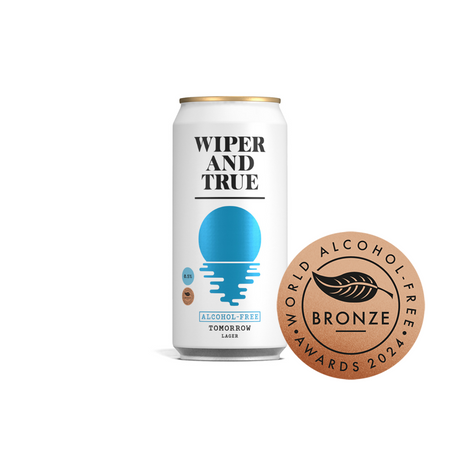Words by Michael Wiper

As part of our Bristol Beer Week 2018 celebrations we will be showcasing the creativity of our city in the form of three separate collaboration brews.
The second beer in the series is born from an ongoing collaborative experiment, and itch that needed to be scratched, with a shot of neighbourly love. We are lucky enough to be based in the St Werburghs community in Bristol, a hive of independent food and drinks businesses. One of the leading lights is Extract Coffee Roastery. The business was founded nine years ago in a garden shed, and has grown into one of the country’s leading roasteries through a lot of hard graft, immense talent and a collection of vintage coffee roasters from the 1950s, lovingly restored and put to work.
One of their founders and Head Roaster Dave started to discover the wonderful world of beer at the same time our eyes were being opened to good coffee. We got to know each other and started learning from one another, talking through the nuances and similarities between our products, how we work and the wider industries. It wasn’t long before we decided to collaborate on a project.
As we started our company we were focusing heavily on the fresh and fruity flavours and aromas that could be brought through hops and process. Extract were chasing the same flavours and aromas through coffee bean varietals and their techniques – tropical fruits, citrus, berries and always a hint of something complex, something wild. We were both trying to challenge conceptions of what our drinks could offer and were seeking the same response – “Oh I didn’t realise coffee / beer could taste like that.” It was a really exciting time with strong parallels for both young businesses.
There were plenty of beers being released with coffee that was used to emphasise roast flavours like Stouts and Porters. We wanted to extend our theme of challenging preconceptions and make a pale, coffee infused beer bursting with tropical fruits and freshness. Something that was unexpected, and summed up our intentions as creative businesses.
We began work by blending beers and coffees together to start calibrating the project. We did a lot of research with different beers, different coffee varieties from all over the world, different coffee methods from espresso shots to whole beans soaking in beer. After a huge amount of experimentation we did something that’s always difficult to do in a project – to let go of the initial objective. We couldn’t make it work in the way we had hoped. We couldn’t strike the right balance of big fruits without sacrificing another key element of a beer like the body and structure. Some beers made really fruity coffees taste like tomatoes. Some really citrusy coffees made beers taste flat. Both drinks are incredibly complex and volatile and pulling them together just wasn’t working in the way we wanted. However, through a series of further trials what we did start to bring together were softer fruits – plums, peaches, cherries and botanicals like pine and dark chocolate. Certain coffees and beers started paring really well. Something exciting was brewing and we had a new course. Dr Strangelove was released in October 2014.
Fast-forward four years and a new season’s crop of naturally processed beans from La Marianela farm in Columbia, and Dave is at the brewery telling us that this is the fruitiest, weirdest coffee that’s ever landed in the roastery. Dave had developed a new process with the farmers (that you can read more about here) and one of their team went on to win 4th Place in the highly esteemed UK National Barista Championship within weeks of it’s arrival. The idea of making a big, tropical fruit and fresh citrus coffee beer was back on the cards.
Again we experimented a lot with the beans and ran several trials of different methods, dosings and different exposure times. We tasted together and then Dave would go back to the roastery and tweak the way the next run was roasted. The team there have incredible palates and an inspiring understanding of flavour. They are masters of their art and we learn so much just from spending time with them.
We moved away from our original thinking of making a strong India Pale Ale and started exploring lower alcohol beers. Blending with our Small Beer allowed the coffee to come through in a much cleaner and more vibrant way, with no alcohol or malty body to come through the integration with the hops really began to harmonise. Things started to get really exciting.
We opted for a very light roast on the coffee, ground coarsely and added to the fermentation vessel towards the end of fermentation. The grounds were steeped for a day at 23 degrees C, the colder steep bringing out more delicate and fruity notes from the coffee. We paired this with some very floral hops from New Zealand and a new hop product called Cryo Hops. They are freeze dried and ground to a fine powder using a very different process to our conventional hops, and one that focuses in on brightness and freshness. The two key ingredients came together in tank and blended beautifully.
As ever with these things there is always an unexpected twist. As well as the brightness, the big fruits and floral notes, an earthiness and a green pepper, almost green chilli flavour is coming through in the beer. It smells and tastes astonishingly like green, unroasted coffee. We love how this complex and intriguing flavour has emerged and taken the beer in a direction we weren’t planning. We love working with Extract, and we love this beer. We hope you do to.
Unkle Funka Pale Ale will be available from Saturday 8th September when we’ll be celebrating the launch of our Brewed In Bristol beer series with a party at our brewery tap room. The beer will also be available in bottle and keg in bottle shops and bars across Bristol and nationwide.
